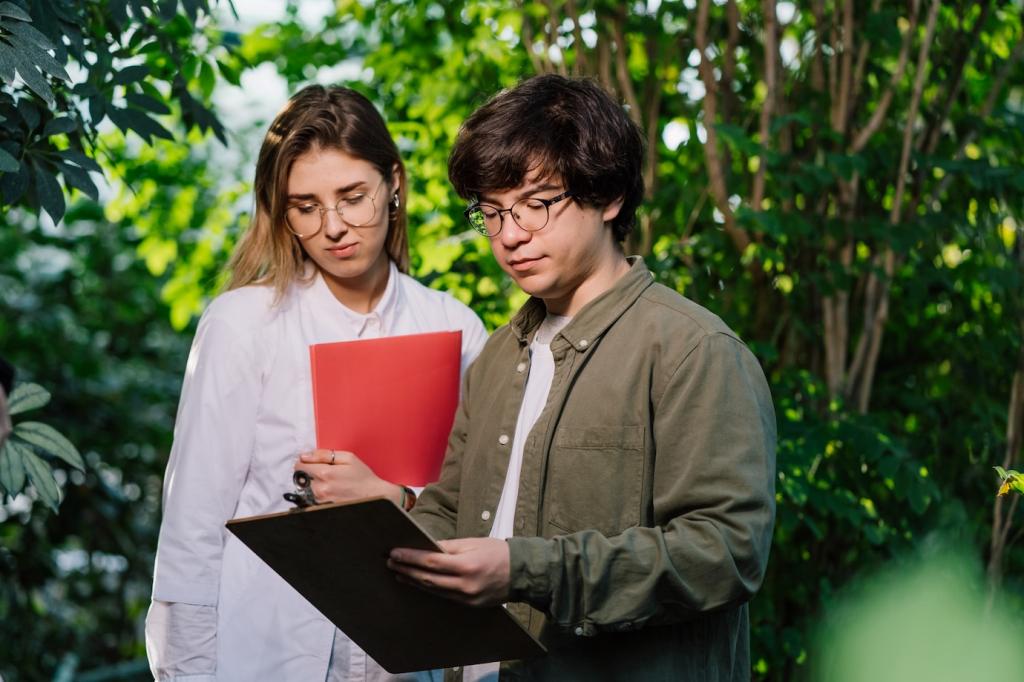Travel Light, Give Back: Understanding the Principles of Ecotourism for Sustainability
Today’s chosen theme: Understanding the Principles of Ecotourism for Sustainability. Explore how mindful travel protects biodiversity, uplifts local communities, and deepens your connection to place. Join our community, subscribe for field notes, and help shape a future where every journey leaves a positive trace.
Conservation at the Core
Ecotourism places living systems first, prioritizing intact habitats, native species, and ecosystem services. Think marine reserves with visitor limits, or forest trails routed away from nesting sites. If a tour cannot demonstrate ecological benefits, it is not ecotourism—just marketing.
Community Empowerment
True sustainability depends on local leadership. Community-owned lodges, fair wages, and transparent revenue sharing keep money circulating near home. Ask operators how many guides are local, who owns the land, and how decisions are made. Your questions help shift power, respectfully.
Education through Experience
Interpretive walks, citizen science, and cultural exchanges transform tourists into allies. A river feels different after testing its salinity with a local researcher. Share one lesson you learned on the road that changed how you see nature or culture, and inspire another traveler.
Principles in Practice: Low-Impact Travel Habits

Pack out everything, stay on marked paths, and give wildlife generous space. Then go further: pick up stray litter, carry a reusable kit, and gently model good behavior for others. Your quiet example can ripple across a busy trail in surprising, hopeful ways.
Designing an Ecotourism Itinerary That Works
Travel in shoulder seasons to reduce pressure on fragile sites and spread income more evenly. Favor small group sizes and limited permits where ecosystems are sensitive. When numbers are capped, experiences improve for travelers, guides, and wildlife alike—everyone breathes easier.
Designing an Ecotourism Itinerary That Works
Prioritize low-carbon options: buses, trains, bikes, and walking. When a flight is necessary, choose direct routes and pack light to reduce weight. Combine nearby places rather than hopscotching across continents. Slow travel is not a sacrifice; it is deeper, richer presence.
Measuring Sustainability: Proof, Not Promises
Look for frameworks aligned with the Global Sustainable Tourism Council and labels with independent audits. Programs like Rainforest Alliance, Fair Trade Tourism, or robust national standards can indicate real practices. Ask when the last audit occurred and what improvements followed.
In a coastal village, divers shifted from chasing tourist volume to coral nurseries and seasonal closures. Visitors learned to plant fragments and document bleaching. Three seasons later, fish returned, and so did pride. One grandmother now guides reef walks, singing old tide songs.


Questions to Ask
Who owns the business? How are guides trained and paid? What conservation targets are monitored, and by whom? Can guests access audit reports? Concrete answers signal maturity. Vague claims or defensive replies suggest the principles are posters, not practices.

Red Flags to Avoid
Captive wildlife selfies, motorized access in fragile zones, culturally staged performances without consent, or promises of guaranteed animal encounters. If something feels extractive, it probably is. Walk away and tell us, so we can alert the community with grace and facts.
Join the Movement
Get monthly briefings with practical tips, itineraries, and behind-the-scenes interviews with guides and researchers. Reply to any email with your questions, and we will investigate on your behalf. Your curiosity shapes our next deep dive.
Join our mailing list
